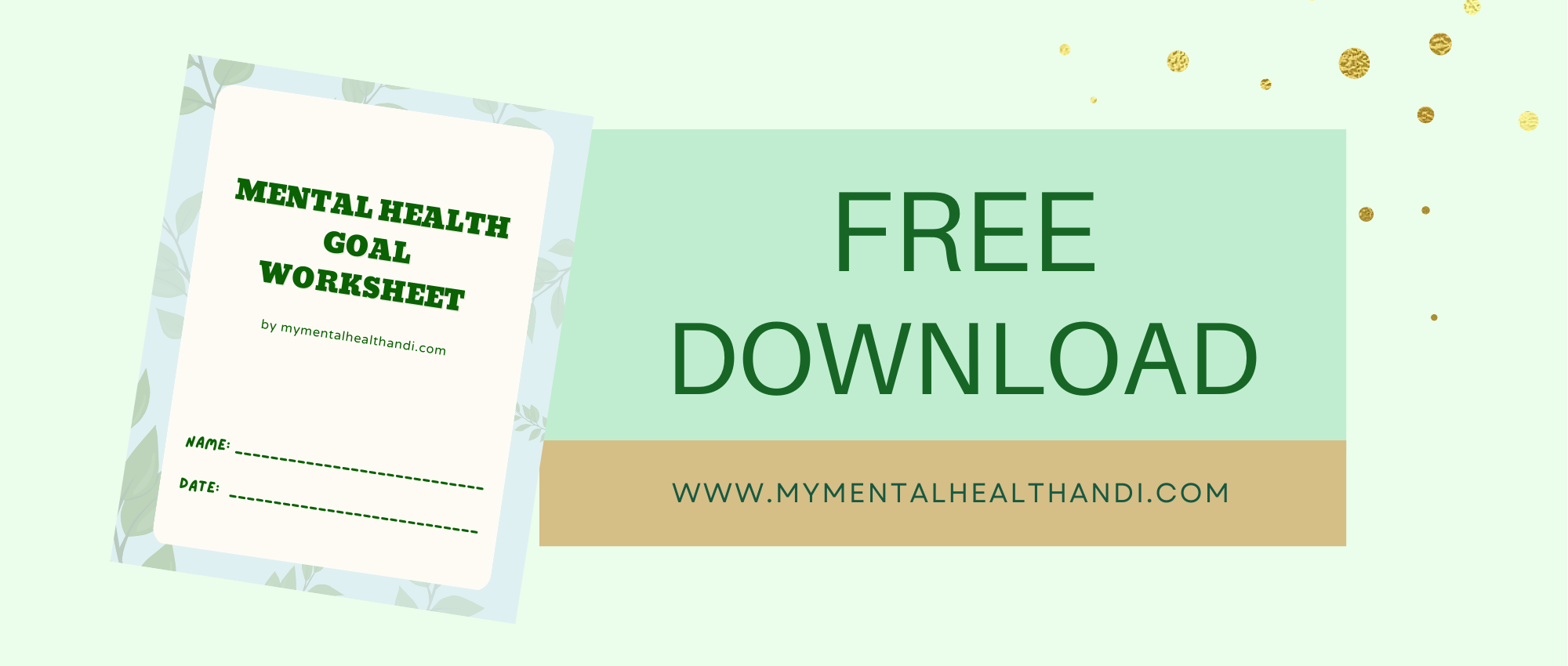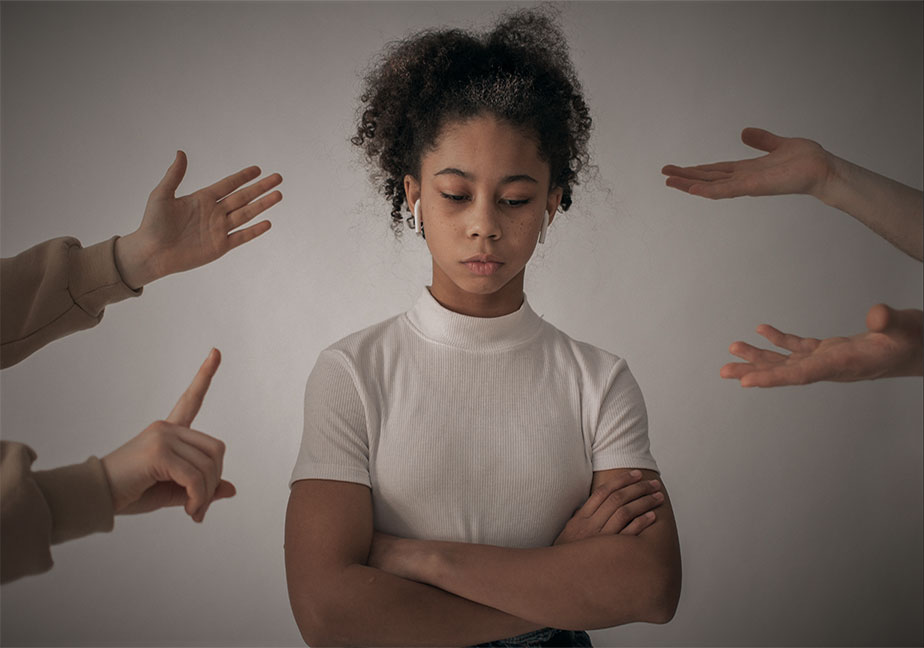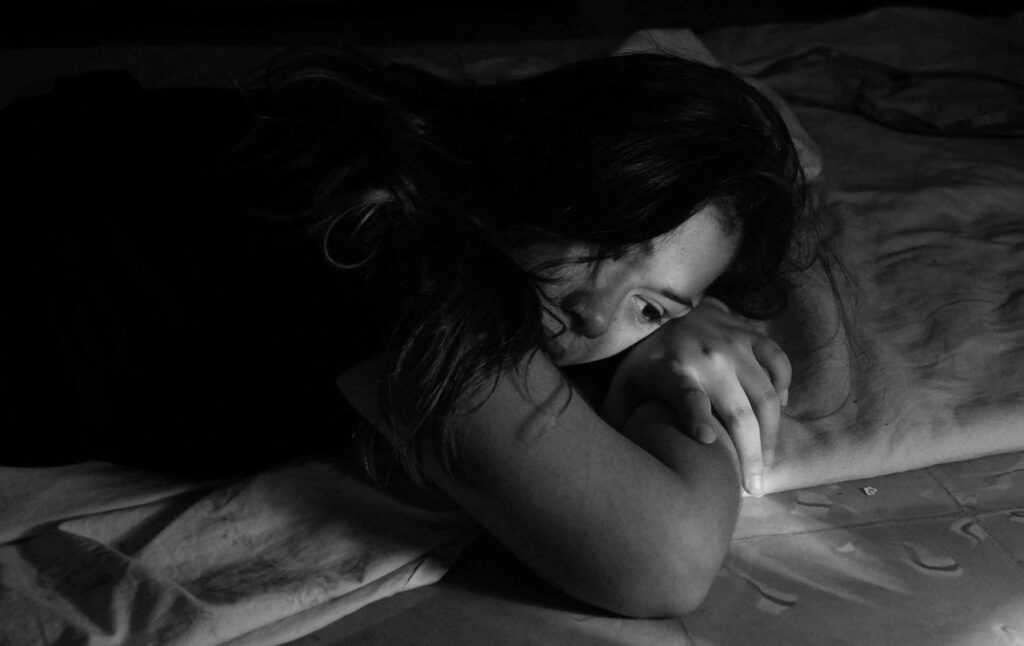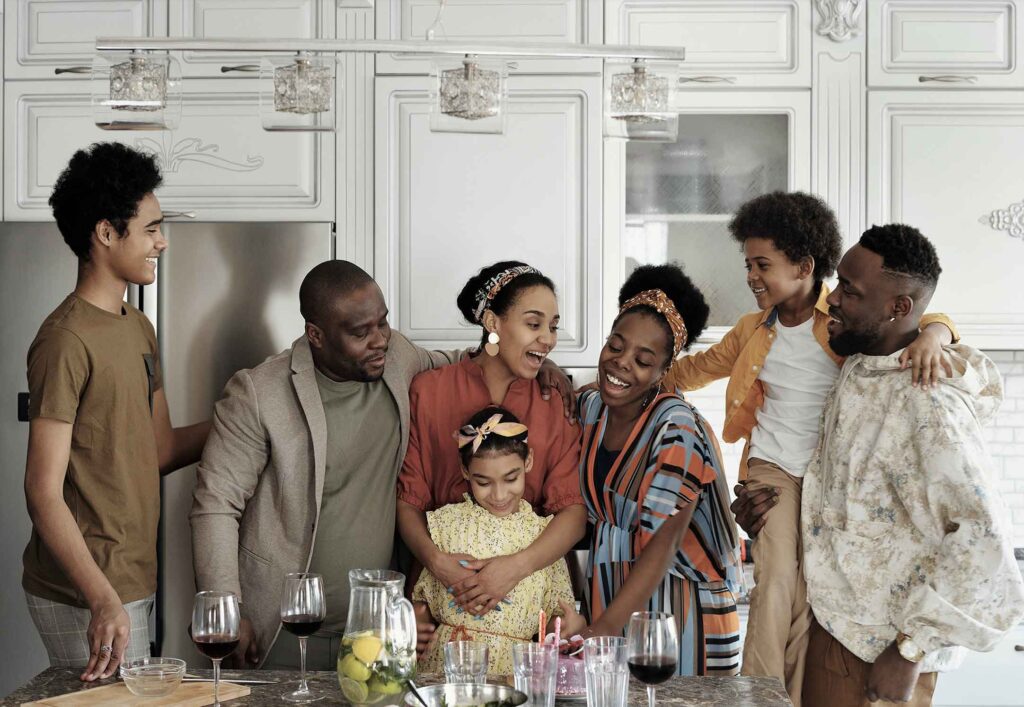By Lovlyn
There are many ways people deal with depression, and they may engage in different coping strategies. These strategies could be “healthy” which results in improvements in their symptoms and may not cause any form of harm to them. Or “unhealthy”, which may cause harm and a long-lasting negative effect on them.
Many factors contribute to why people may engage in unhealthy coping strategies like family background, abuse and so on.
Here are some common unhealthy and toxic ways people deal with depression:
Ignoring Their Symptoms
This is often common with people that don’t take their health seriously. Ignoring your symptoms only makes treatment and recovery more difficult.
When a person is suffering from depressive disorder, the person may experience a variety of symptoms. These symptoms may include feelings of hopelessness and worthlessness, fatigue, loss of interest in hobbies, oversleeping or insomnia and much more. These indicate a change in your usual self and shouldn’t be ignored.
This is because not seeking treatments for depression or when left untreated comes with a long-lasting effect.
It is helpful for persons suffering from depression to better understand the illness. And also, seek professional help if the depressive symptoms last for more than two weeks and begin to interfere with their ability to function in their daily activities.
Being Silent About Their Struggles
This is one of the most common unhealthy ways people deal with depression.
The first step to overcoming depression is by speaking up about your struggle. Being silent and bottling up your feelings doesn’t make you better.
Although many people may not be expressive of their feelings because of the stigma that surrounds mental illness. But that shouldn’t stop you from getting the help you need. You don’t have to go about telling everyone how you feel and all you are going through. However, you can confide in a close friend, or a family member or directly seek medical support.
Suffering in silence can worsen your situation and it takes you one step away from receiving treatment and getting better.
Dating as A Means of Coping
Nowadays many people go into relationships with people they don’t necessarily like, as a means of coping with depression and loneliness.
We all have reasons why we would want to be in a relationship, but dating to get rid of depression is actually a bad idea. And this is why. Dating isn’t medication, dating isn’t therapy, dating isn’t self-care steps you need for fighting off depression.
Now don’t get me wrong, you can date while struggling with depression, there’s nothing wrong with that. But you shouldn’t date just because you are depressed.
If you are depressed and want to start a new relationship, it is advisable that you get professional help. Learn some self-care techniques to take care of your mental health, before getting romantically involved with someone.
With this in mind, you can give your best in the relationship and not solely rely on your partner for support and to fix you.
 Subscribe to my email newsletter to get a free mental health goal worksheet
Subscribe to my email newsletter to get a free mental health goal worksheet
Abuse of Drugs and Alcohol
Drug and alcohol abuse are unhealthy forms of escapism people often indulge in. Ignoring and evading a problem doesn’t make it go away.
People who are depressed may use drugs and alcohol to escape their feelings and lift their moods. This is an unhealthy way of dealing with depression because it doesn’t make you better.
Rather, it may give you a short-lasting feeling of excitement, which is often followed by fatigue and other problems like having difficulty concentrating, and may have a long-term negative effect on you and may worsen your depressive episodes.
If you have been diagnosed with depression, you may want to seek other alternatives for coping with depression rather than abusing drugs and alcohol for recovery.
Refusing to Get Help
There are so many people out there that are depressed. They know they are, and they struggle with it every day but choose not to get professional help or even self-care techniques to deal with it.
Some may see it as their new identity and go about their daily activities like there is nothing wrong to worry about.
Depression shouldn’t be anyone’s identity. You had a life before depression and you can have a life after depression. So, why stick to it and make it a part of you? Why refuse to get help when you know you can live a much happier and healthier life?
Though one may have their reasons for not wanting to get the help they need even when they know help is available. Nevertheless, refusing to get help isn’t helpful with depression. If you have an opportunity to get better, then choose to be better.
Conclusion:
These unhealthy coping strategies can be avoided. When you begin to notice the symptoms of depression, don’t ignore them. Face the problem and deal with it. Speak to someone who can help you or get professional help for you if necessary.
Pay attention to your alcohol intake so you don’t rely on it as a form of escapism. More importantly, get professional help rather than getting into a relationship just because you are depressed, it might not end well.
What other unhealthy ways do you think people deal with depression, let us know in the comment section!
DISCLAIMER:
The content of this blog is not intended to be a substitute for professional medical advice, diagnosis, or treatment. It is provided for general information only.
RECOMMENDATION
If you need help or know someone who needs help with their mental health or mental illness, check out the resource page for mental health resources.











